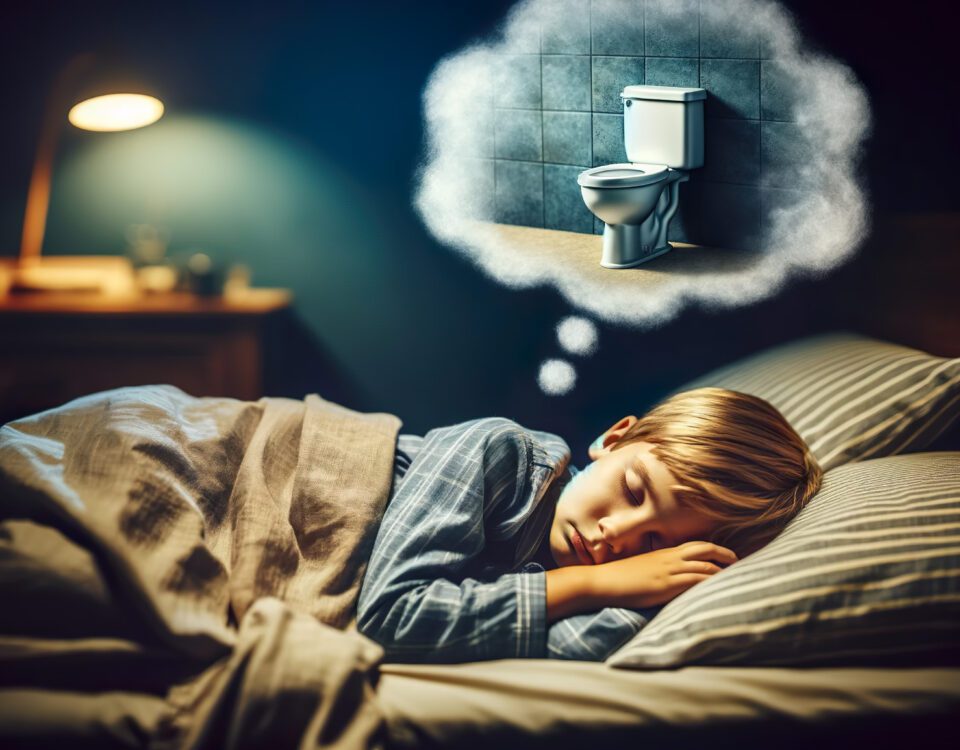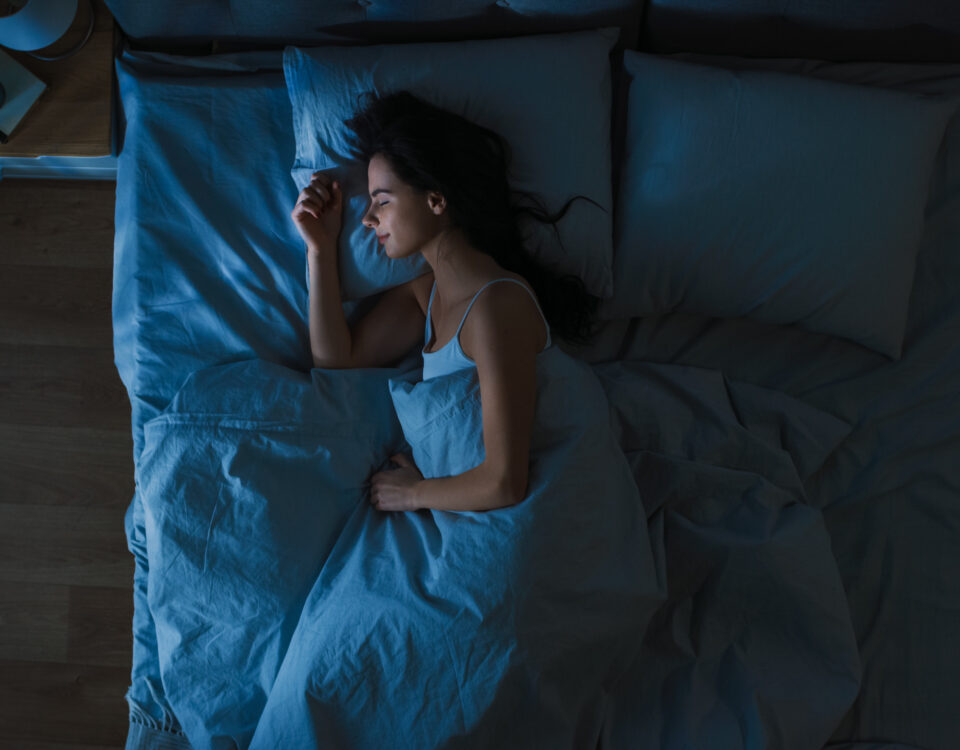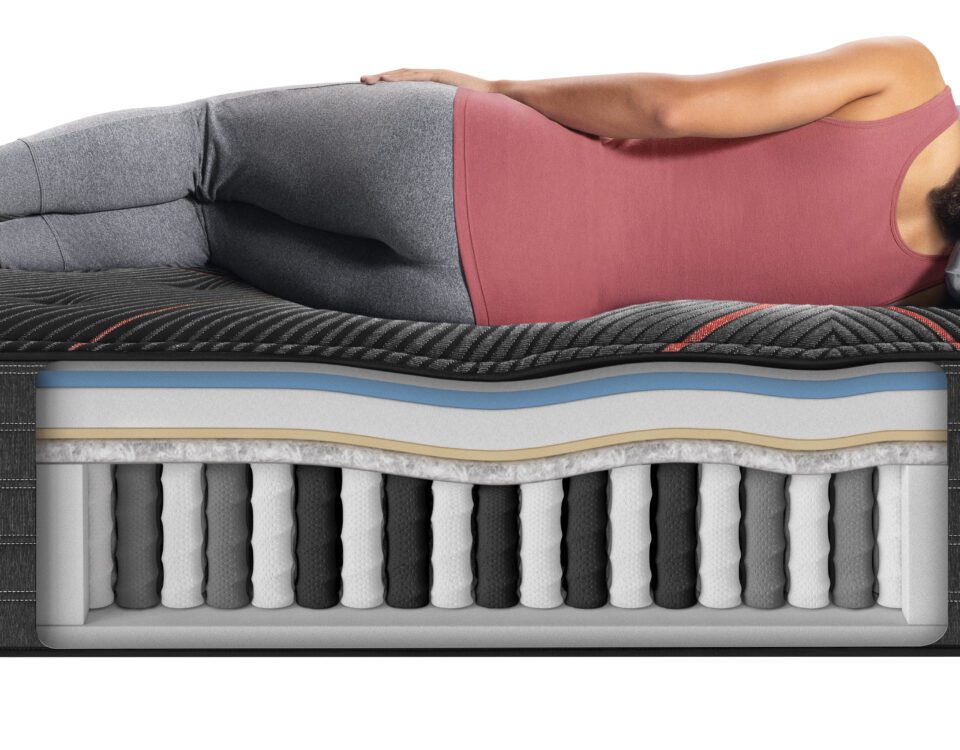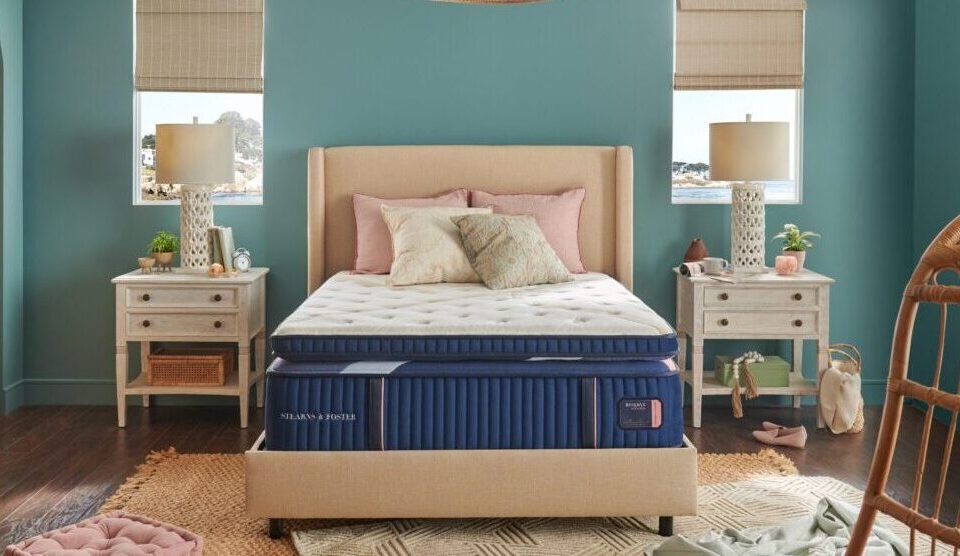The Link Between Texting and Sleep Disruption

While sleep texting has minimal long term issues (other than embarrassment), it could be considered a side effect of a larger issue that revolves around sleeping and cell phones. Two Washington and Lee University students, Maia Robbins and McCauley Massie, are working with their psychology professor, Karla Murdock, to better understand the effects of cell phone use on a good night’s sleep.
Although some research on similar topics has been done before, there is no definite research that proves that heavy cell phone use results in long term negative side effects. In fact, in many ways cell phones can be a really helpful tool, especially in achieving better sleep. That being said, new research shows that if used in the wrong manner, cell phones have the potential to be greatly disruptive when you are asleep.
From research done by Robbins, Massie, and Murdock, they have found that the proximity of cell phones during sleep is one of the biggest culprits in sleep disruption. WLU News and Media explains that “‘[there’s] data indicating that some overwhelming majority of college students and adolescents sleep with their cellphones within arm’s reach, and many of them are sleeping with it under the pillow,” said Murdock. “Notifications coming in the middle of the night may wake them up'” (Cell Phones and Sleep). In addition, previous studies have confirmed that light, such as the backlight from a cell phone, can greatly affect the quality of sleep one gets at night.
Texting during the night is another of the most notorious offenders for sleep disruption. Because of social expectations and the etiquette of texting, many adolescents and students have explained that they when they are awoken by a notification in the middle of the night, they feel pressured to respond to the text, regardless of the time of night. In effect, sleeping and texting often results in a fragmented sleep throughout the night.
Additionally, these students have found that the proximity of the cell phone also leads the owner of the phone to spend more time on it prior to falling asleep. In a blog by WLU News and Media, Murdock stated, “‘heavy cellphone use is related to disruptions in sleep because when people get in bed, they spend an hour and a half playing on their phone, before going to sleep'” (Cellphones and Sleeping). A fact that has only increased in accuracy since smartphones have been on the market.
It is well known that students are notorious for lagging behind on sleep and, while cell phones have become a staple among young adults (96% of 18-29 year-olds own a phone), they often affect us in ways we may never consider. While it is still unclear whether the increasing amount of cell phone use among young adults has any long term negative consequences, it is clear that cell phone use among adolescents is doing anything but slowing down.
For more sleep tips for students in particular, read our blog post.
If you think that maybe your phone isn’t the only reason you’re waking up at night, check out our mattress selection. Our experts would be thrilled to get you sleeping on one of our many innovative and unique beds and sleeping through the night again! Or if you think the problem isn’t just your phone lighting up your pillow at night, be sure to shop our specialty pillows to find the one that helps you achieve the perfect night’s sleep.
Cheers and sleep well (without your phone).
original article: http://news.blogs.wlu.edu/2013/08/14/cellphones-and-sleep/





